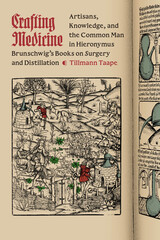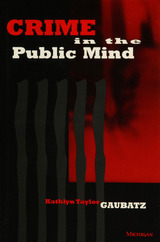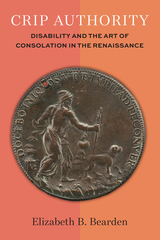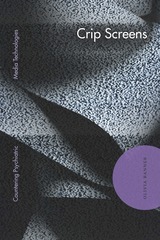
Garth L. Hallett provides the first thorough, systematic exposition and defense of proportionalism in Christian ethics. Prominent in both philosophical and theological ethics, proportionalism judges the morality of acts by their proportion of good and evil.
Hallett proposes judging acts using a norm he calls Value Maximization. He defines this norm and offers a full response to such critics of all forms of proportionalism as Finnis and Grisez. The author assesses the norm's moral and theological validity in and of itself; in dialogue with the encyclical Veritatis Splendor; and in comparison with various rival viewpoints, stressing natural law, divine commands, respect for persons, inviolable goods, proportionate ends, irreducible rights, and agent-centered ethics. He appraises the norm's overall significance, showing its rootedness in Christian tradition, its inclusiveness and amplitude, and its relevance to those seeking a foundation for Christian ethical thought and moral activity.
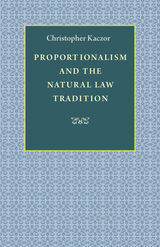
In this book, Christopher Kaczor argues against the plausibility of proportionalism and its first proponents, namely Peter Knauer, Joseph Fuchs, Bruno Schüller, Louis Janssens, and Richard McCormick. Examining the genealogy of the movement, he disputes a received history that depicts proportionalism as a recovery of Thomas Aquinas. Instead, contends Kaczor, proportionalism is best seen as the organic successor to the moral manuals of the pre-Vatican II era. Proportionalism arises not from Thomas but rather extends many of the tendencies and presuppositions of the manuals. In particular, it retains their marginalizing of the account of human action as a knowing-willing involving a number of stages not always consciously recognized yet carefully described by Thomas in Summa theologiae, Prima Secundae, 6-17. Kaczor shows that a great deal of the plausibility of proportionalism rests on a fragile foundation that is rapidly eroding, an education in the moral manuals.

One of the most heated debates in recent times among Christian ethicians has been over what has come to be called "proportionalism." Opponents have argued that proportionalists are intent on relativizing theology norms and theh concept of intrinsic evil. Proponents, on the other hand, argue that they are merely developing a traditional notion of proportion of reason. Bernard Hoose puts this debate in context by showing its roots in the writings of European moral theologians and its flowering in the writings of their American colleagues. He uncovers a number of confusions that have bedeviled the argument while revealing how important the issues are for establishing in coherent Christian ethics in the twentieth century.
READERS
Browse our collection.
PUBLISHERS
See BiblioVault's publisher services.
STUDENT SERVICES
Files for college accessibility offices.
UChicago Accessibility Resources
home | accessibility | search | about | contact us
BiblioVault ® 2001 - 2025
The University of Chicago Press


